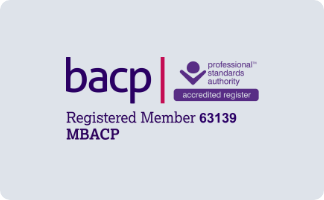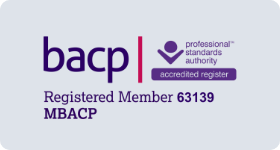How can counselling work?



A client entering therapy can feel “stuck”, possibly making the same mistakes they have for some time and having a negative view of themselves and others which is likely to cause unhappiness.
For various reasons the origins of a client’s difficulties can lie with past experiences. Sometimes as a form of defence, the path of these experiences are blocked from consciousness, and therefore a person is unaware of why it is they feel a certain way, or behave in a certain way in some situations. Alternatively, one may feel they need support and guidance to cope with an unprecedented period of their life, maybe a promotion in their career, perhaps a bereavement.
Psychodynamic counselling is in many respects a combination of the already overlapping talking therapies of counselling and psychotherapy. It offers clients the opportunity to work through present day dilemmas with a professional, assessing alternatives and possible outcomes, as well as a more psychoanalytical approach of exploration of past experiences and environments, making links between these, and current difficulties. Through this exploration, the intention is that the client is able to understand and come to terms with the origins of issues, and the existing difficulty ceases to be, or is perhaps significantly lessened to a manageable level.
Cognitive Behavioural Therapy (CBT) can also be a valuable tool, helping people to reach their potential. This is a more practical approach and would require a client to re-think and challenge preconceived ideas about others and the world around them.
With any form of Counselling, one cannot underestimate the benefit of a safe space and a supportive therapist. This in itself can help a client develop and make positive changes in their life.
Qualified & Professional Counsellor • Member of the British Association for Counselling & Psychotherapy • Member of the association for independent practitioners








